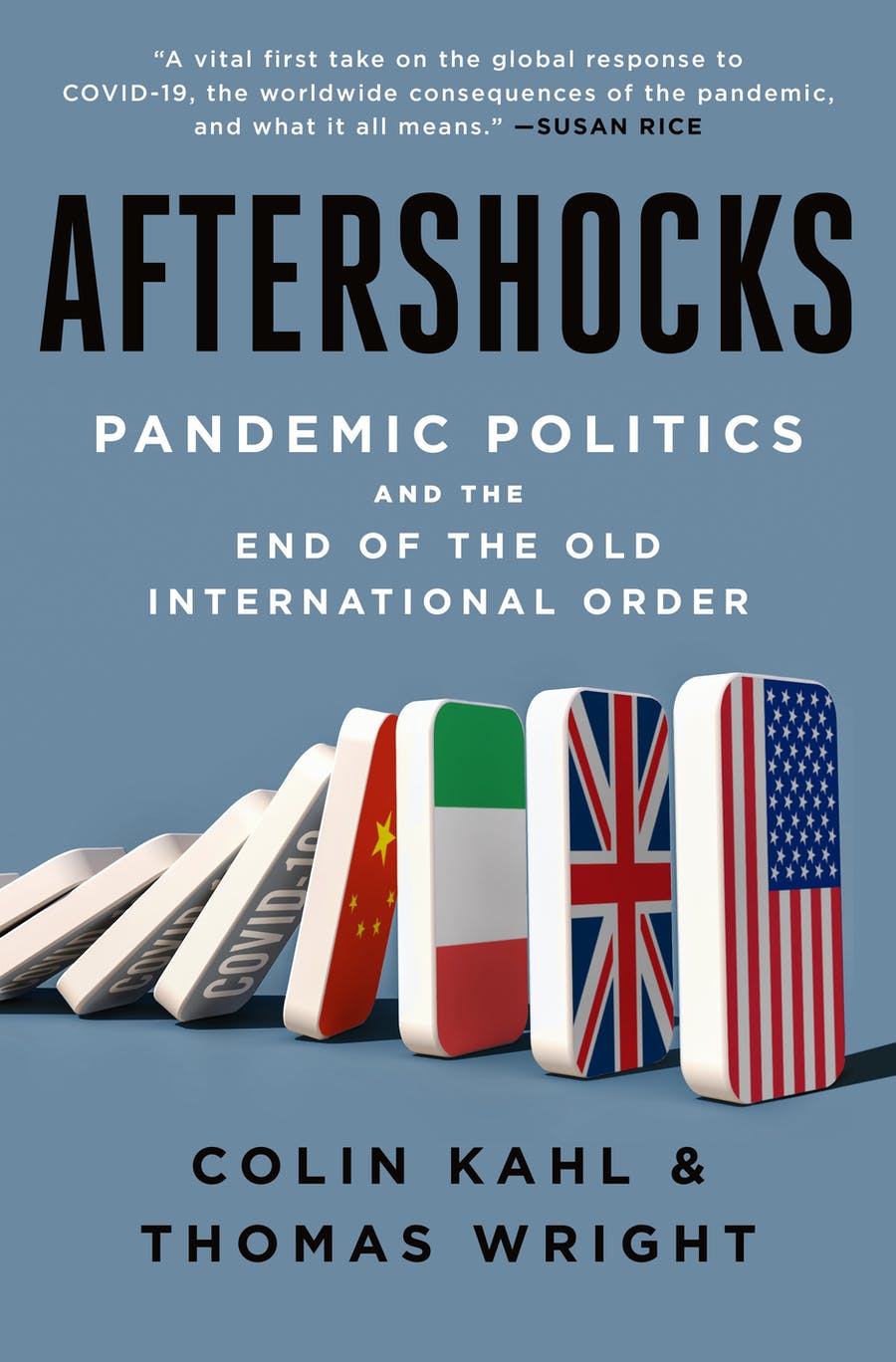
Hoping for a wow at WHA
One would have hoped that the COVID-19 pandemic would have been met by a coordinated, collective, and global response. Instead, the exact opposite happened.
One would have hoped that the COVID-19 pandemic, declared—belatedly—a Public Health Emergency of International Concern (PHEIC) by WHO on January 30, 2020, and a pandemic on March 11, 2020, would have been met by a coordinated, collective, and global response.
Instead, the exact opposite happened. And the complete meltdown of international cooperation happened fast. As Colin Kahl and Thomas Wright write in Aftershocks: Pandemic Politics and the End of the Old International Order—probably the best chronicle of the effect of the pandemic on international affairs—the conditions for the breakdown existed before but were exacerbated when COVID-19 hit.
“For the three decades prior to 2020, the world tended to work together during times of crisis. (…) The cooperation that occurred was often incomplete and imperfect, but it did make a difference,” the two academics (one of whom, Colin Kahl, has since joined the Biden administration) write. However, in 2020, “this cooperation was torn asunder.”
Why? The authors’ answer is bleak and unvarnished: “On the eve of the COVID-19 pandemic, the United States was led by President Trump, an avowed ‘America Firster’ who saw international politics as a transactional zero-sum contest. Meanwhile, as the United States turned inward, Xi Jinping shattered hopes that China would become a responsible stakeholder in the global order as he quashed dissent at home and increasingly bullied other nations abroad. Brazil and India, once bastions of democracy and multilateralism, had taken an illiberal turn. Britain and the European Union were engaged in a bitter divorce. And while humanity was more interconnected than ever, a hyperglobalized world was also awash in economic, cultural, and political grievances and besieged by viral disinformation and conspiracy theories, courtesy of new technologies and willing accomplices, including some of the world’s most powerful people.”
So, almost two years later, this is, unfortunately, the little-changed backdrop against which health officials from 194 countries will convene next Monday (November 29) for a special session of the World Health Assembly. As Jamil Chade reports, while the pandemic still rages, politics will loom large over the outcome of the gathering. In such an environment, one of the issues that hangs over the WHA deliberations will be the calibration and arbitrage between risk and opportunity in pushing for the needed changes—and through what means and mechanisms those reforms are introduced. Not decisively moving forward is unthinkable. But moving too aggressively might, in the current context, amplify the very ills that Kahl and Smith so rightly denounce.
It will be interesting, for instance, to see how the IP question will be handled at the WHA and at the WTO—for such an issue, if solved, could serve as a confidence-building measure between the Global North and South, in a world now dominated by a devastating centrifugal multipolarity. In other words, this WHA special session will also be a gauge of the resilience and agility of multilateral organizations.
-PHM
